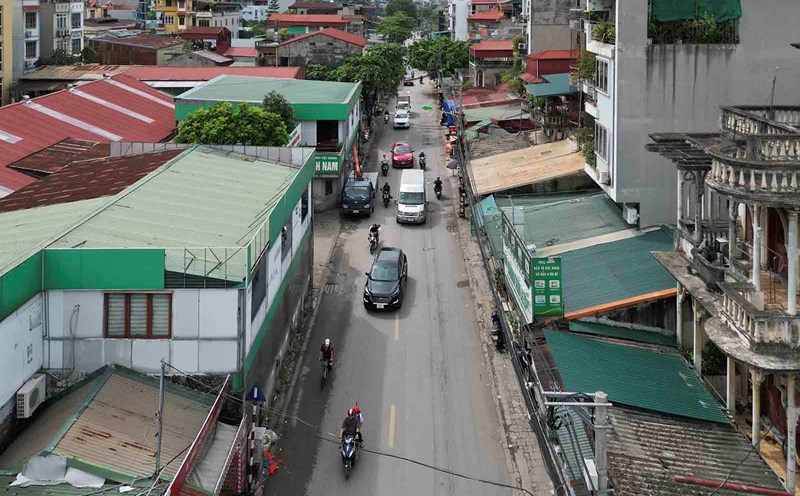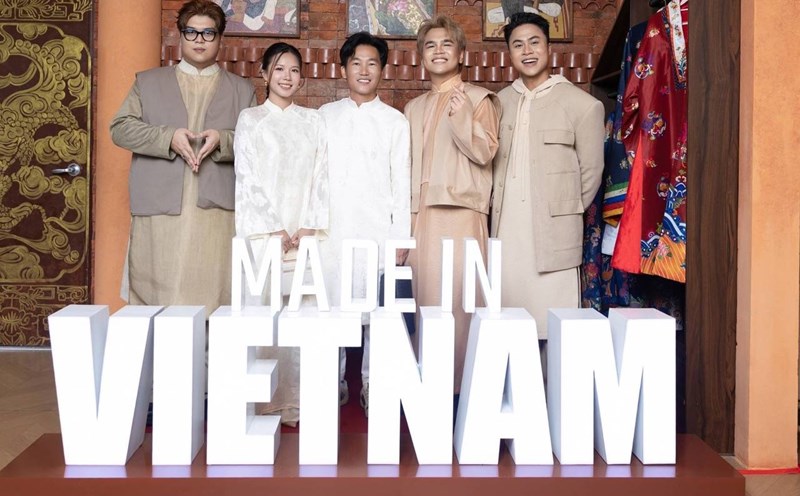At exactly 8:15 a.m. on August 6 - the time the nuclear bomb was dropped by the US B-29 Enola gay bomber on the city on August 6, 1945, hundreds of people observed a minute of silence at Peace Park. The bombings of Hiroshima and Nagasaki three days later took the lives of about 140,000 people in Hiroshima and about 74,000 people in Nagasaki by the end of that year, marking the most haunting nuclear era in human history. About a week later, on August 15, Japan declared surrender and signed a document on September 2, marking the end of World War II.
Speaking in the Peace Statement at the Peace Memorial Park - near the bombing site, Hiroshima Mayor Kazumi Matsui called for: Despite the current chaos at the national level, we must never give up. Young people, who will lead future generations, need to realize that wrong policies on military spending, national security and nuclear weapons can lead to unpredictable inhumane consequences.
Mr. Matsui urged young people to " step up, lead civil society towards consensus", and called on world leaders to Hiroshima to witness the consequences of the nuclear bomb and participate in a dialogue to abandon dependence on nuclear weapons.
Speaking at the ceremony, Japanese Prime Minister Shigeru Ishiba emphasized: As the only country to have experienced a nuclear disaster in war, Japan has a mission to promote global efforts towards a world without nuclear weapons. This year's memorial service attracted about 55,000 attendees and representatives from 120 countries and territories, according to the Hiroshima City government. The memorial service also comes after the Nihon Hidankyo Organization - the Federation of Japanese Atomic and Gasomb victims' organizations - was awarded the Nobel Peace Prize last year for its decades-long campaign against nuclear weapons, based on the stories of survivors.
However, the opportunity to hear the victims live is decreasing. According to the latest data, the total number of survivors officially recognized in Hiroshima and Nagasaki for the first time has dropped to below 100,000, with an average age of over 86.
Amid rising nuclear tensions in the world, UN Secretary-General Antonio Guterres warned in a message to the celebration: The weapons that sowed destruction in Hiroshima and Nagasaki are once again being used as a tool of enforcement. He called Nihon Hidankyo's Nobel Prize victory "a ray of hope", calling on countries to "pull strength from Hiroshima's resilience". Hiroshima Mayor Kazumi Matsui called on all countries that are increasing their troops to dialogue instead of racing for weapons. He also reaffirmed his call for Japan to sign the Nuclear arms Prohibition Treaty to fulfill the wishes of the victims, including the Nihon Hidankyo organization.











